June 24 (V7N) – Iranian Foreign Minister Abbas Araghchi has officially confirmed that Iran and Israel have agreed to a conditional ceasefire, amid days of heightened military tension and cross-border attacks. Speaking to state media, Araghchi stated that Iran will uphold the ceasefire only if Israel refrains from launching any attacks on Tehran starting from 4:00 a.m. local time.
"If Israel does not carry out any strikes on Tehran from 4:00 a.m. onward, we will not respond militarily either," said the Iranian foreign minister, emphasizing the conditional nature of the truce. His statement comes as a rare diplomatic acknowledgment from Tehran following a period of intense regional volatility.
Earlier, U.S. President Donald Trump announced that both Iran and Israel had agreed to a “complete and comprehensive ceasefire,” expected to take effect within the next 24 hours. Trump described the agreement as a major breakthrough, suggesting it could pave the way toward long-term de-escalation in one of the Middle East’s most volatile rivalries.
"Both nations have agreed to a total and full ceasefire. This marks a crucial step toward ending the ongoing hostilities and restoring peace in the region," President Trump said during a White House press briefing.
The announcement came after several days of intense military exchanges, including missile and drone attacks that threatened to ignite a broader regional conflict. Analysts say the ceasefire, if sustained, could prevent further escalation and offer a narrow diplomatic window for more enduring conflict resolution efforts.
Iran’s conditional confirmation, however, indicates that the situation remains fragile. Tehran’s insistence on Israel's restraint as a precondition for peace underscores the lack of trust and the ongoing risk of renewed confrontation. Both sides have accused each other of aggressive acts in recent weeks, with Iran framing its actions as retaliatory and defensive in nature.
International reactions to the ceasefire announcement have been cautiously optimistic. The United Nations and European Union have both urged restraint, calling on all parties to honor the ceasefire and return to diplomatic channels.
Middle East security experts warn that the ceasefire’s success depends heavily on mutual restraint and external mediation. Given the complexity of regional dynamics and the absence of a formal negotiation framework between Iran and Israel, the truce remains tenuous.
For now, the next 24 hours will be critical in determining whether this ceasefire marks a genuine turning point or merely a temporary pause in a protracted and dangerous rivalry.



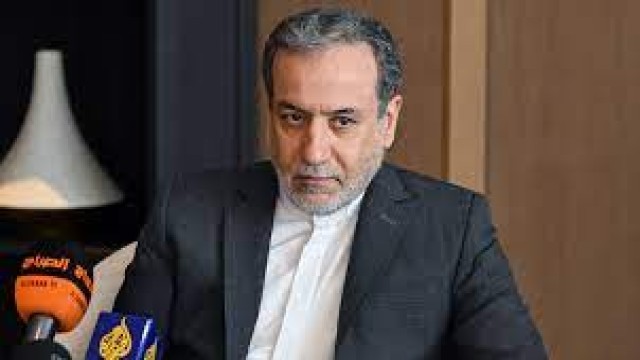
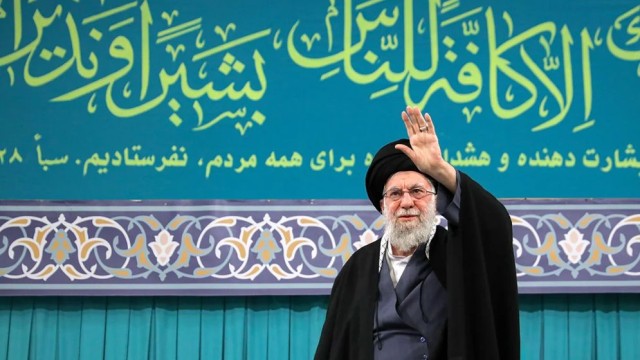
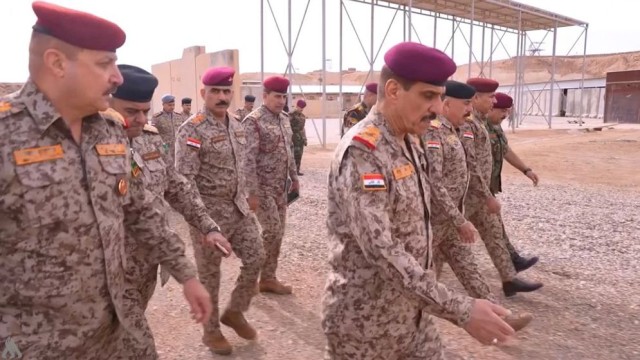
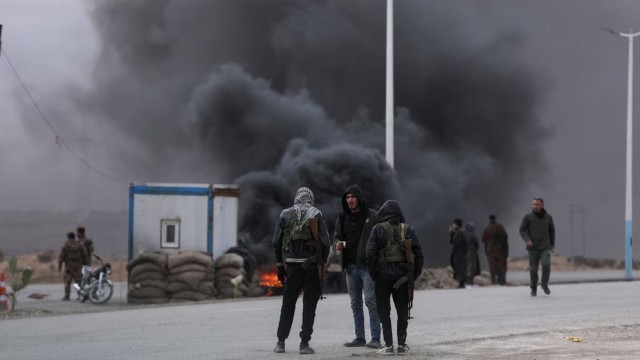
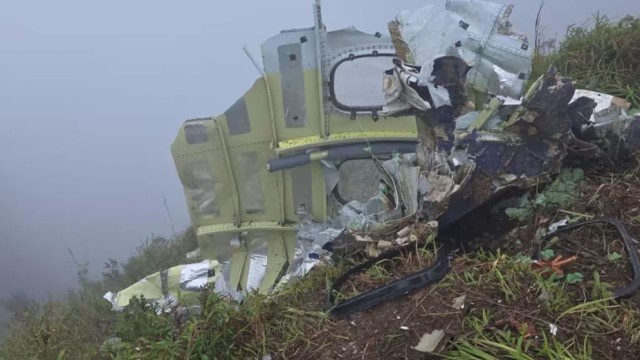
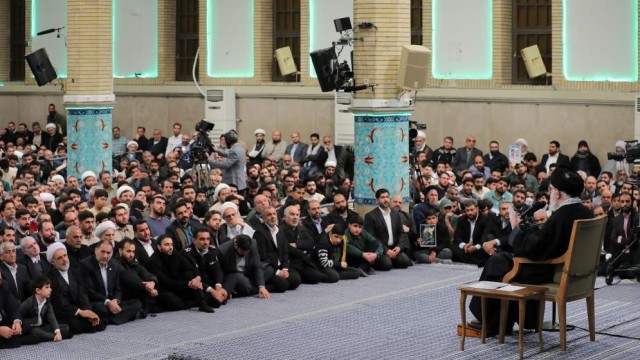
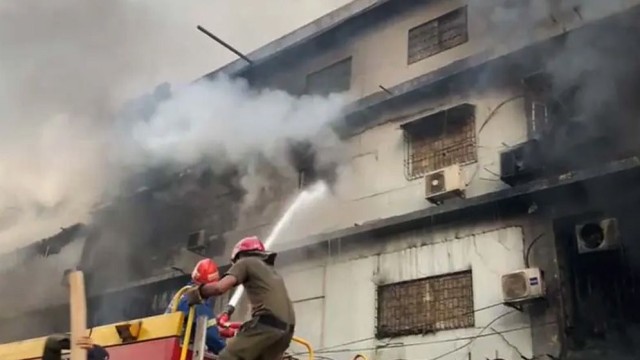
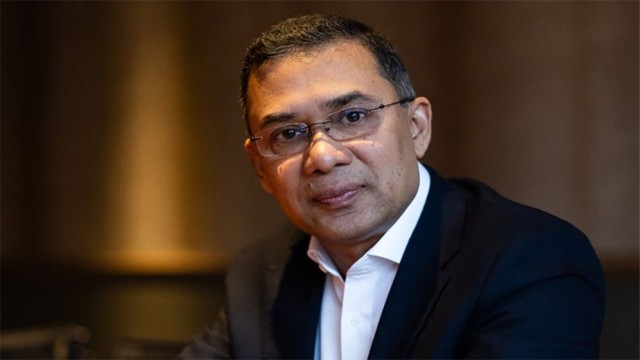

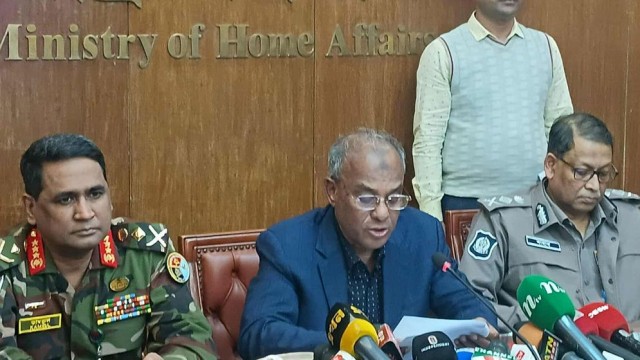


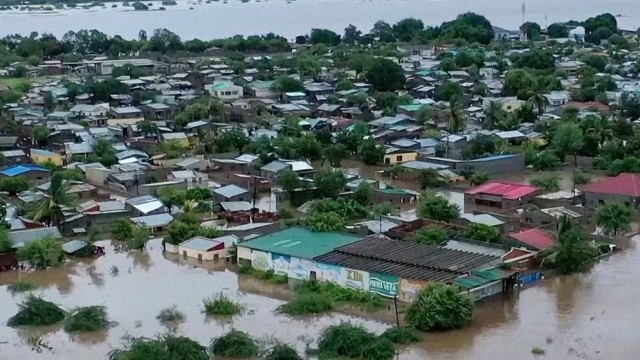





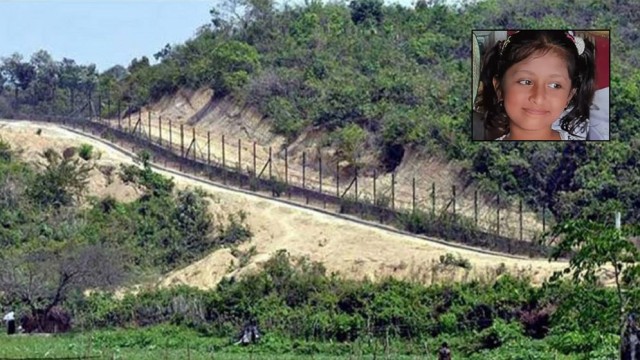

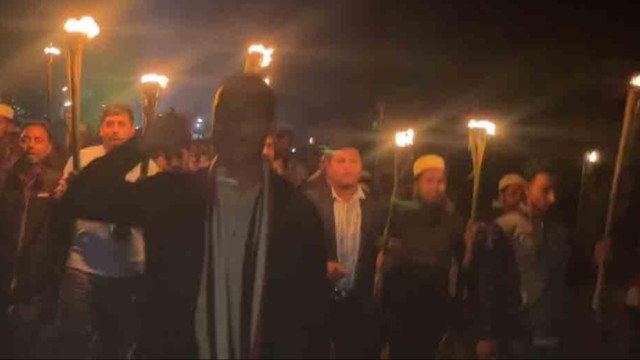






Comment: